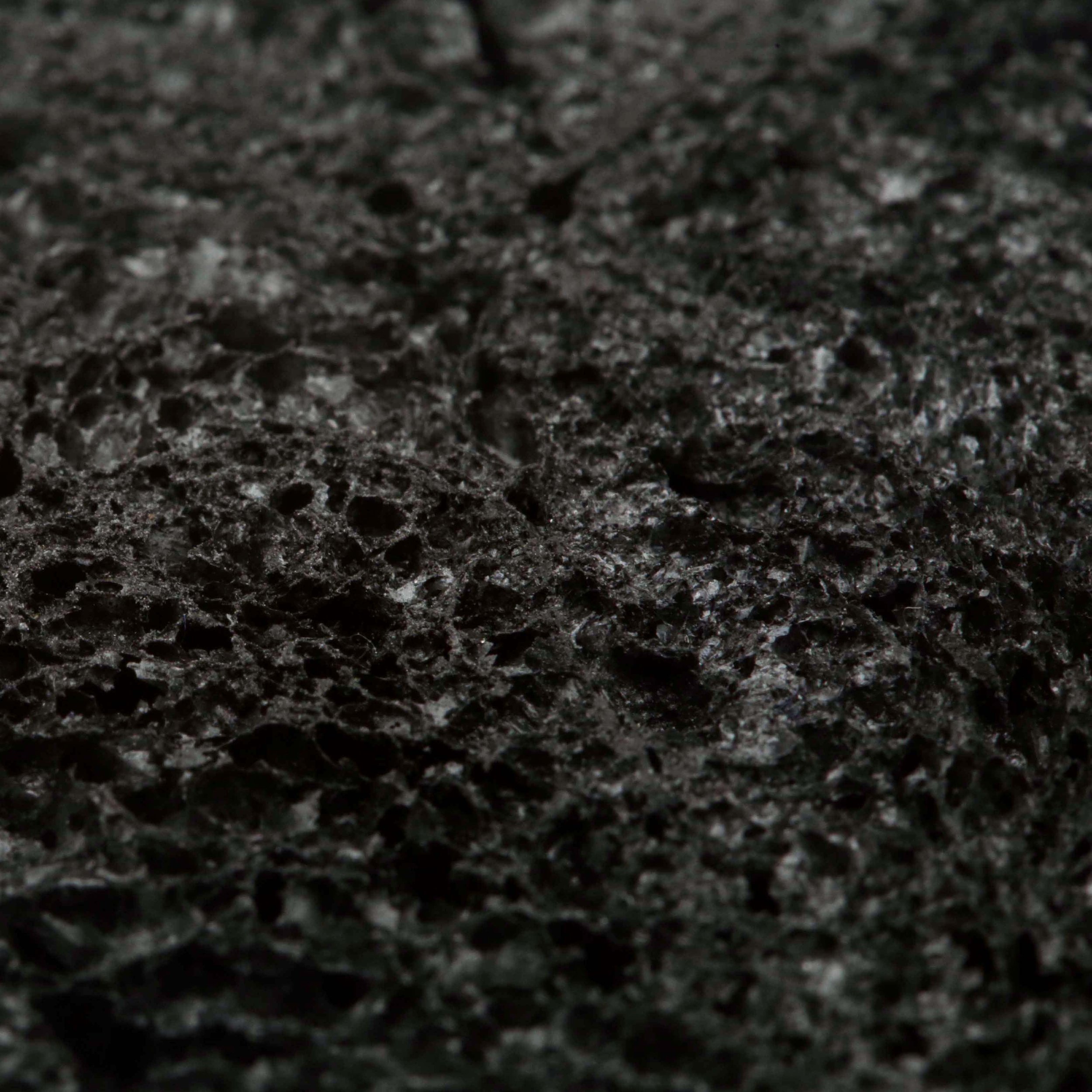Carbon Cell is a carbon -negative, biodegradeable replacement for petrochemical-based foams

The end of styrofoam.
The end of styrofoam.
Carbon Cell is a carbon-negative, fully compostable replacement for polystyrene and other polymer-based foams. It's made with biochar, the result of pyrolising organic biomass, including agricultural waste. With competitive thermal conductivity and compressive strength, Carbon Cell is on a mission to reduce the environmental cost of insulation and protection.






It’s made with biochar
Biochar is a stable carbon material that results from pyrolising or hydrothermically carbonising biomass: basically, burning organic matter in the absence of oxygen. It’s been used for thousands of years as a soil supplement, as it contains millions of tiny macropores and micropores that help disburse water and other organic nutrients evenly and slowly into the earth. These pores also make biochar useful in other applications, such as water filtration and odor absorption.
Carbon Cell achieves its thermal and structural properties in part due to the microstructure of the biochar it contains. It’s also what allows us to achieve a net-negative carbon impact and a non-toxic profile that can degrade easily at the end of its life. Biochar can be produced from a wide range of feedstocks, including agricultural wastes and co-products. Its properties can be varied depending on the characteristics of the initial biomass and processing factors during pyrolysis.
Carbon Cell is a collaborative ongoing project with Ori Blich, Eden Harrison, and Juan Ignacio Rion, all masters students at the Royal College of Art and Imperial College London
You can find out more information at www.carboncell.co or on Instagram @carbon_cell_co





